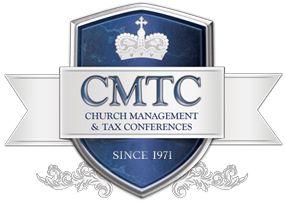|
I began this blog in a previous post and would encourage everyone to read Part I prior to reading this conclusion. When a disaster strikes a community, be it a hurricane, tornado, flood, etc. Churches desire to be a shining light and help anyway possible. However, every Church cannot do everything and each Church and Pastor should carefully develop a plan of assistance should the need ever arise. During hurricanes, floods, tornados, etc. people often look to local Churches as potential shelters. Just because your Church has the space does not qualify it as a shelter. A lot of thought and consideration must factor into whether or not your Church can successfully operate in a relief shelter capacity.
|
Archives
September 2020
Categories |

 RSS Feed
RSS Feed



